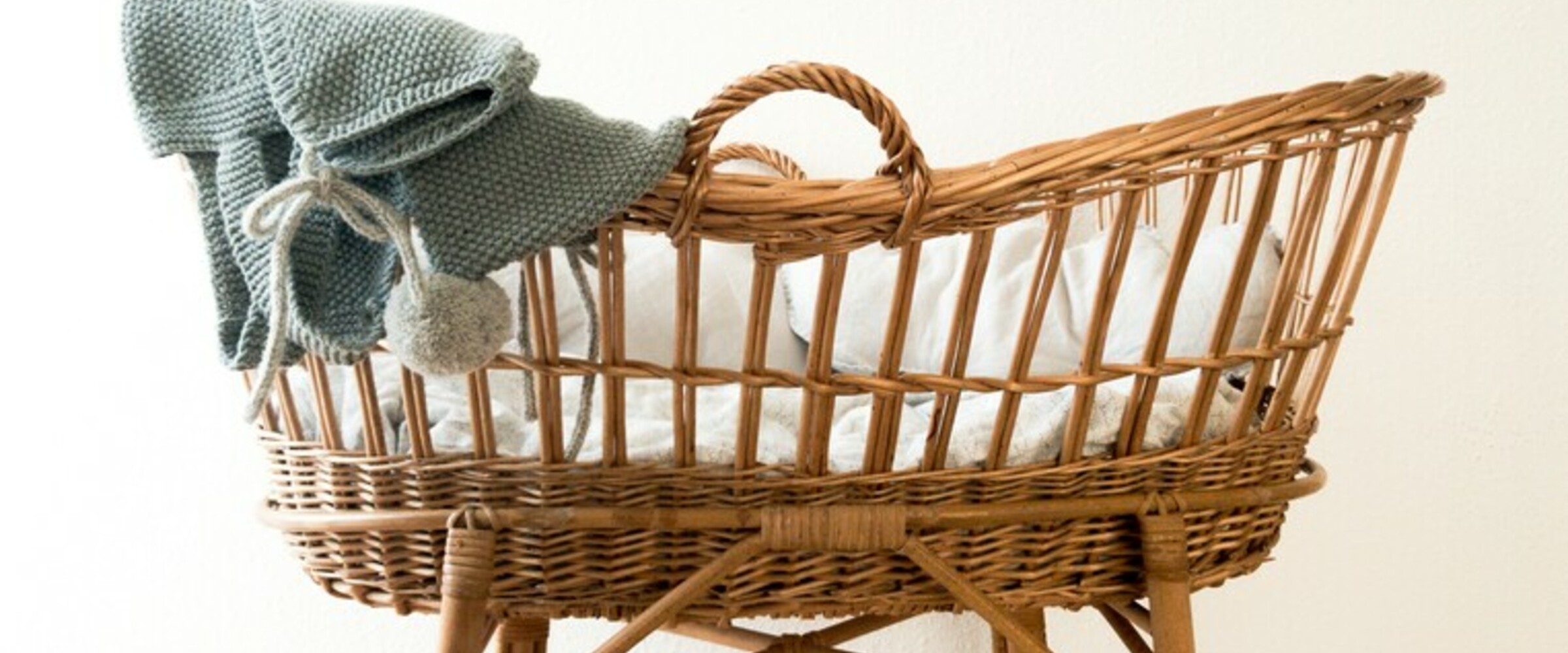
Egg Freezing - No insurance policy, but is it better than doing nothing?
The Australian Bureau of Statistics announcement that the average age of mothers is 30.7 with the number of teenage mothers the lowest in a decade and the number of over 40 year old mothers increasing raises the issue of how to protect and preserve a woman’s fertility.
Written by Dr Frank Quinn, fertility specialist at IVFAustralia
There is endless discussion today about women delaying motherhood as they are ‘too focused on their careers or busy finishing their PHDs’. Whilst this may be the stereotype, a lot of women who I see haven’t found their partner until later in life. Others have decided to go it alone as a single woman, or increasingly have not found ‘the one’ and are considering freezing their eggs in the hope of preserving their fertility.
And rightly so, as research data from around the World suggests that women under 35 years of age who freeze their eggs have a better than 50 per cent chance of falling pregnant later in life. Advances in the vitrification process mean that eggs can now be “snap frozen” in liquid nitrogen which preserves the quality of these eggs for longer.
Natural fertility begins to decline slowly over 33 years of age and by age 40 only about 20% of women will be able to conceive naturally. Many of the women I see describe egg freezing as a safeguard buying some peace of mind, often taking the pressure off future relationships so they can develop naturally.
Whilst some women I see are in their 20's this is the exception, as the majority of women seeking help to conceive are in their late 30's and 40’s which means they will struggle to get pregnant even with the assistance of IVF.
Many women unfortunately don’t consider storing their eggs until it is too late. There seems little point in freezing eggs for the over 38 year old as results, even with vitrification, have been disappointing.
I was recently quoted in an article that appeared in the Herald Sun that a woman who is 38 has a much lower chance of conceiving than a woman who is 35, and over 40 the chances are really pretty small that they will get a baby from a frozen egg.
This calculation has recently been independently verified by a large research group in Europe, led by Professor Laura Rienzi, confirming the need to freeze 12 eggs for someone under 36 to have a 50% chance of having a child later, compared with only 7% for an older group of women.
If you’re in your early 30s and planning on having a family but it's not on the horizon before 35 you could seriously consider freezing your eggs. The ideal situation would be to freeze 12 eggs before you turn 36.
Women are born with all the eggs they will ever have, the opposite of men who continue to produce sperm every 72 days. By the time a woman reaches puberty she’ll have 400,000 eggs although by the average age of Australian women having babies (i.e. 30.7 years old) she has less than half this number.
What’s involved in egg freezing?
I'd recommend an initial AMH blood test and an ultrasound scan of the ovaries to measure antral follicle count. These tests give us an idea of the likely response of the ovaries to stimulation and allows an accurate calculation of the best drug doses. Other blood tests will also be necessary, although they can all be done with a single blood test.
Women undergoing egg freezing can expect two weeks of daily hormone injections and blood tests with two or three ultrasound scans, concluding with collection of anywhere from four to 12 eggs under a local or general anaesthetic. With the new advancements in vitrification eggs can be expected to be viable for 10 years or more. But this peace of mind doesn’t come cheap and without being eligible for the Medicare rebate egg freezing can cost between $8,000 and $12,000.
What’s the likelihood of success?
New techniques have improved the survival rate of thawed eggs. Ten years ago, if you froze 12 eggs using the older slow freezing technique, we would expect less than half to survive freeze/ thaw. By the time you fertilised them, you might only get one or two embryos. Now, with 12 eggs, we would expect eight to nine eggs to survive and, ultimately, make anything from three to eight or more embryos, results that are not far away from results with fresh eggs.
This being said, egg freezing is no guarantee and I certainly don’t encourage my patients to rest all of their hopes on the potential for pregnancy from frozen eggs. Instead, it provides the opportunity for women to make decisions about their future and to establish the right relationship before trying for pregnancy. Many will never need the frozen eggs and will conceive naturally. However others may be faced with a longer delay before being in a position to start a family and they may be grateful for their frozen eggs later. I'd always encourage women with frozen eggs not to rely on them, but rather see them as a backup if life does not go as they plan.
Hasn’t fertility preservation been around for a while for medical reasons?
We are using egg freezing for medical reasons. As the life expectancy for patients having undergone cancer treatment is so much higher nowadays, fertility preservation is a real option. The science of egg freezing and ovarian tissue freezing was developed primarily to offer hope to young women with cancer who need potentially sterilising chemotherapy, but works well for healthy women who want to defer trying for pregnancy.
Find out about egg freezing and non-medical fertility preservation in your local area:
Egg Freezing in NSW »
Egg Freezing in VIC »
Egg Freezing in QLD »
Egg Freezing in TAS »
